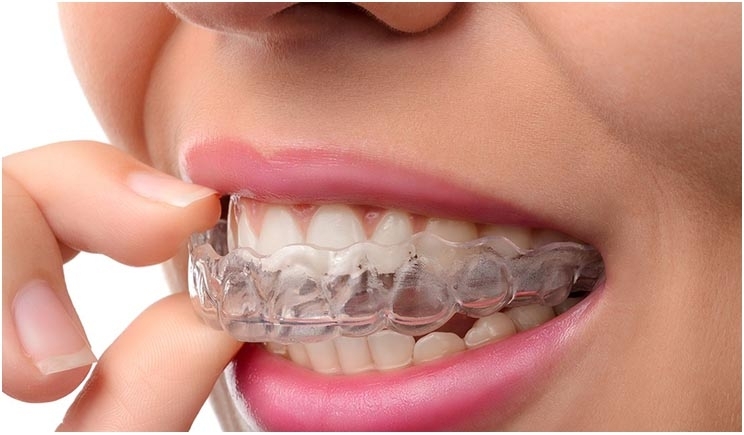
Dental braces and aligners are devices that can correct teeth alignment. These braces consist of metal, clear plastic or ceramic, wires and bonding material.
Although traditionally, braces and aligners are used in adolescents, dentists also recommend them in adults to correct crooked and crowded teeth.
Why are braces/ aligners recommended?
Dentists recommend braces/ aligners when
- Your teeth are visibly crowded or uneven.
- You have difficulty maintaining your dental hygiene due to the crooked teeth
- You get cuts or bruises on the gums or tongue
- You have a gap between the teeth affecting your mouth closure and opening
- You have slurred speech due to crooked teeth
- You experience tiredness in your jaw after eating due to the misaligned teeth
You can reach out to the best dentist near you to understand if you need a brace/ aligner.
Who can fix braces/ aligners?
Braces and aligners require an orthodontist. An orthodontist diagnoses and treats problems due to misaligned teeth. They may also modify facial development with early intervention during adolescence.
How are braces/ aligners fixed?
Braces and aligners provide similar effects but have different procedures.
Your orthodontist will recommend depending on your dental structures and requirements. For braces, they will attach a metal bracket to individual teeth. A guidewire passes through these brackets and pressures the teeth into proper alignment. You will require frequent visits to your dentist to tighten those guidewires.
Aligners, an alternative to braces, are removable. After taking measurements of your dental structure, your dentist will design the aligners. These aligners provide pressure to the teeth and need changing every 3-4 weeks.
What are the benefits of braces/ aligners?
Benefits of braces:
- Provides constant pressure to the teeth
- Attached to the teeth improving compliance to the treatment
- As guidewires tighten, there is less cost of upkeep
- Works best for severely crooked teeth
Benefits of aligners:
- Are removable
- Allows ease of dental cleaning and hygiene maintenance
- Reduced time for straightening the teeth compared to braces
What are the possible complications of the braces/ aligners?
One problem with corrective devices like braces and aligners is maintaining dental hygiene. You may be unable to eat specific food items and have a restricted diet.
If the devices do not fit properly, they may cause gum and tongue irritations.
Conclusion
Braces and aligners can help you correct the alignment of your teeth. Adults and adolescents can utilise these dental corrective devices to improve their dental structure.
Consult the best dental clinic near you to learn more about braces and aligners.
Request an appointment at Apollo Dental Clinic – Silchar Call 1800 1020 288 to book an appointment OR click on this link
Initially, you may experience some discomfort with them. But as you get used to them, it will reduce.
While braces are visible to the naked eye, clear aligners are not.
Braces work wonders with severe cases of crooked teeth and in children (who are less compliant). They are also traditionally cheaper than aligners. Aligners are more comfortable as they are removable and provide faster results in mild cases.


















































